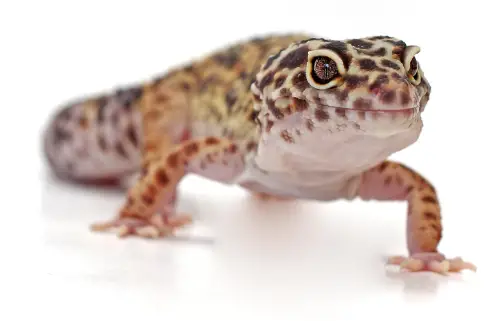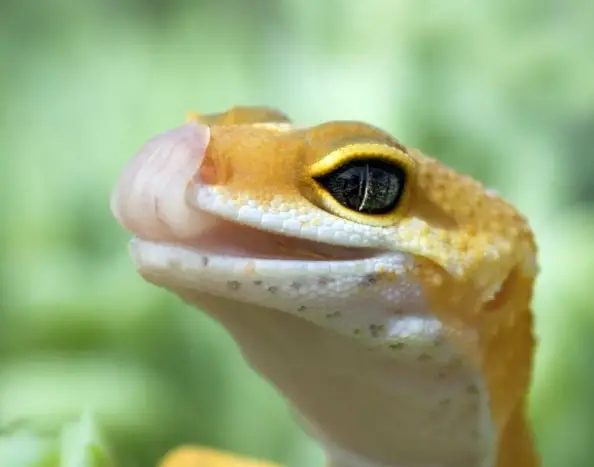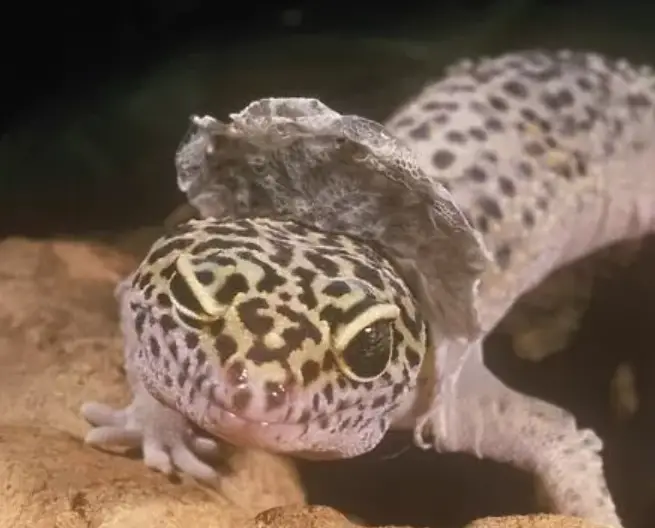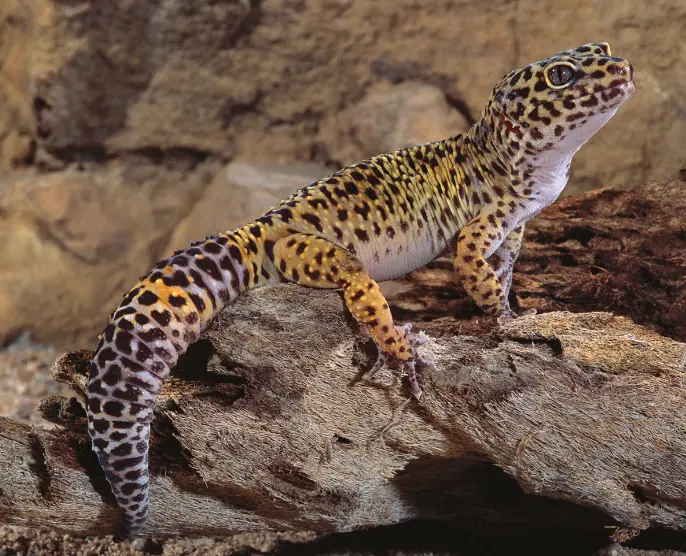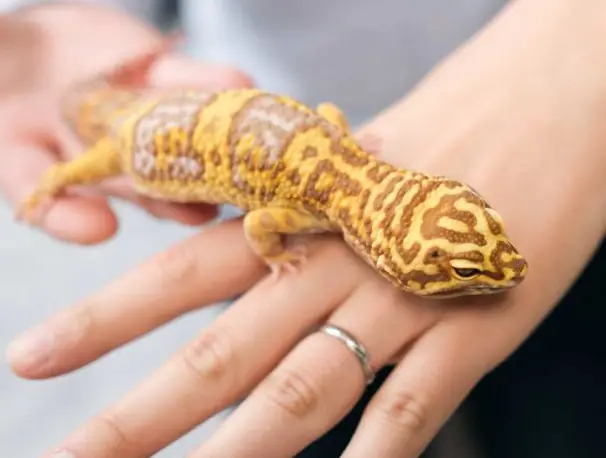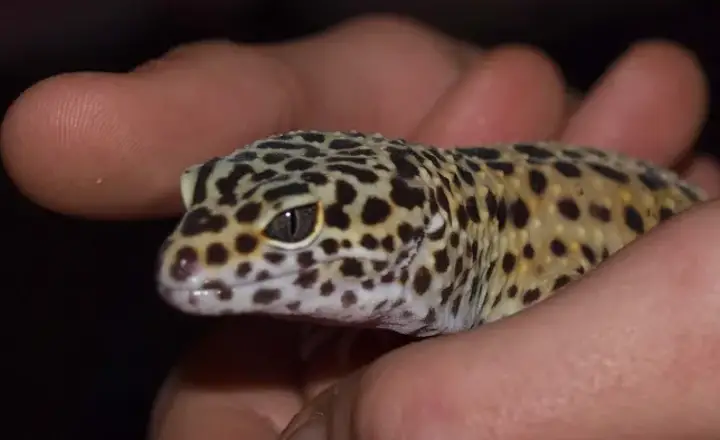As a leopard gecko owner, it is important to be aware of the potential dangers that fungal infections can pose to your pet. These types of infections can be difficult to diagnose and even more challenging to treat, but there are steps you can take to prevent them from occurring in the first place. In this article, we’ll explore some of the best practices for keeping your leopard gecko healthy and fungus-free.
What is a fungal infection in leopard geckos?
Fungal infections in leopard geckos are caused by a variety of different species of fungi that can grow in warm and moist environments. These types of infections are particularly common in reptiles, and they can lead to a number of unpleasant symptoms, including skin lesions, respiratory distress, and digestive issues. It’s important to be able to identify the signs of a fungal infection in your leopard gecko so that you can take action as soon as possible.
What are the signs of a fungal infection in leopard geckos?
Some of the most common signs of a fungal infection in leopard geckos include:
– Redness, swelling, or discoloration of the skin
– Lesions or bumps on the skin
– Respiratory distress, including wheezing or difficulty breathing
– Loss of appetite or weight loss
– Lethargy or unwillingness to move
– Dull or cloudy eyes
If you notice any of these symptoms in your leopard gecko, it’s important to take them to a veterinarian who has experience with exotic pets as soon as possible.
How do fungal infections occur in leopard geckos?
Fungal infections in leopard geckos can occur for a variety of reasons, but they tend to be most common in environments that are warm and damp. This can include habitats that are not properly ventilated, aquariums or cages that are not cleaned regularly, and substrate that is too moist. In some cases, leopard geckos can also develop fungal infections as a result of a weakened immune system, which can be caused by a number of different factors.
What are some preventative measures for fungal infections in leopard geckos?
The best way to prevent fungal infections in leopard geckos is to maintain a clean and dry environment for them. This can be accomplished by:
– Providing a habitat with adequate ventilation
– Regularly cleaning the cage or aquarium and removing any damp substrate
– Avoiding overcrowding
– Minimizing stress on the leopard gecko
It’s also important to avoid feeding your leopard gecko foods that are high in moisture content, as this can increase the risk of fungal infections.
How do you treat fungal infections in leopard geckos?
If your leopard gecko has developed a fungal infection, the first step is to take them to a veterinarian who has experience with exotic pets. A veterinarian will likely prescribe an antifungal medication, which can be given orally or via a topical preparation. In some cases, your leopard gecko may also need supportive care, such as fluids or nutritional support.
Can fungal infections in leopard geckos be prevented with a proper diet?
While it’s important to provide your leopard gecko with a balanced and nutritious diet, there is no evidence to suggest that a specific diet can prevent fungal infections. However, by providing a diet that is appropriate for a leopard gecko’s nutritional needs, you can help keep them healthy and minimize the risk of other health issues.
Can environmental conditions play a role in preventing fungal infections in leopard geckos?
Yes, proper environmental conditions play a significant role in preventing fungal infections in leopard geckos. Maintaining a dry and clean environment, with proper ventilation, regular cleaning and substrate changing, and a correct amount of humidity in the habitat, can all help prevent the growth of fungi that could lead to infections.
Can stress affect the chance of fungal infections in leopard geckos?
Stress can weaken a leopard gecko’s immune system, making them more susceptible to fungal infections. It’s important to minimize stress by providing a stable and comfortable environment, as well as minimizing handling and other factors that could cause unnecessary stress.
Can other infections increase the risk of fungal infections in leopard geckos?
Yes, other infections or injuries can weaken a leopard gecko’s immune system and increase the risk of fungal infections. It’s important to address any health issues as soon as they arise to prevent them from escalating into more serious problems.
What are some signs that your leopard gecko’s habitat is too damp or humid?
Some signs that your leopard gecko’s habitat is too damp or humid include:
– Excessive moisture on the substrate or in the enclosure
– Condensation on the walls or lid of the enclosure
– A musty or moldy smell in the enclosure
– Changes in behavior or appetite in your leopard gecko
By maintaining a dry and clean environment for your leopard gecko, you can help prevent fungal infections and ensure that they stay healthy and happy for years to come.
Conclusion
In conclusion, preventing fungal infections in leopard geckos is essential for their health and well-being. These infections can be caused by a variety of factors, including poor hygiene, inadequate temperature and humidity levels, and stress. As a responsible pet owner, it’s important to take preventive measures to keep your leopard gecko healthy.
Some effective ways to prevent fungal infections in leopard geckos include providing a clean and hygienic environment, maintaining appropriate temperature and humidity levels, avoiding overcrowding, and providing a well-balanced diet. Additionally, regular health check-ups by a veterinarian can help detect any signs of infection or illness early on, increasing the chances of successful treatment.
By taking proactive measures to prevent fungal infections in your leopard gecko, you can help ensure that your pet stays healthy and happy for years to come. Remember to always consult with a veterinarian if you suspect your leopard gecko may have a fungal infection or any other health issue. With proper care and attention, your leopard gecko can live a long and healthy life.
